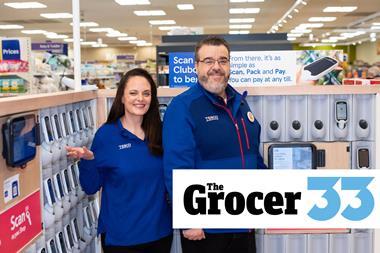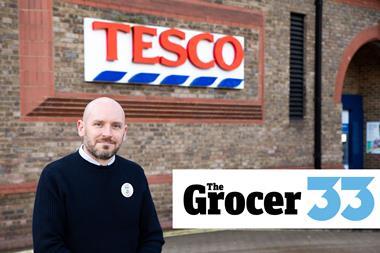In November 2019, a major government-funded public dialogue was set up to gauge what the public wanted from a national food strategy. Citizens workshops, involving nearly 200 people, were set up across five regions of the UK: Bristol, Grimsby, Kendal, Lewisham and Norwich.
The resulting report found there was overwhelming support for government intervention to make healthy food more affordable – to “flip” the system so that meals with fresh, natural ingredients were more available and affordable than their highly processed, HFSS, unhealthy equivalents.
Of course, months later, disaster hit and the UK was plunged into a pandemic, which not only threatened the entire UK supply chain but helped derail the carefully thought-out strategy and ensure most of its proposals on health never saw the light of day.
That consultation, of course, was carried out under a Tory government, after Henry Dimbleby had been appointed to draw up plans to fix the “broken” food system.
So it will no doubt sound alarm bells that Defra is now announcing a “citizens advisory council”, which will report to ministers on its plans for a food strategy, giving the public a voice in the government food strategy.
Strong consumer voice
Details of how the group will operate are so far scant – Defra says it will involve a “range of activities” but has yet to set out how the council will function and how it will dovetail, if at all, with the expert panel of industry leaders and NGOs who will be guiding the strategy, as set out last month.
But bringing in the public to add to the “coalition” brought together by environment secretary Steve Reed is as dangerous as it is democratic.
The big risk, aside from starting again from scratch when a major public consultation was carried out less than five years ago, is that this either becomes a meaningless talking shop, or it leads the food strategy down rabbit holes from which it may not emerge.
Industry sources say the message from Labour since it came in is that it wants a strong consumer voice in its food policy.
In November, The Grocer revealed the Food Data Transparency Partnership (itself set up follow Dimbleby’s report), was facing a shake-up amid claims from ministers it had “lost the voice of consumers” and did not have enough scrutiny from outside the ranks of industry bosses.
Now Defra says it wants to “give the public a voice” in the food strategy, with a series of “large, multi-stakeholder events” set to run over the next two months.
Food strategy soundbite
So who will Steve Reed, Daniel Zeichner, Wes Streeting and the other ministers spearheading head the strategy be more likely to listen to – the panel of industry “heavy hitters” sitting on the Food Strategy Advisory Board, or the unfiltered opinions of randoms from Rochdale?
If ministers do listen to the public, there seems little doubt their calls will be dominated by demands for healthier food to become cheaper and more available and for HFSS, or dare we whisper it, ultra-processed foods, to become more expensive and less widely sold.
Likewise, as Dimbleby’s panel and another government-funded study released in January this year showed, there will be strong support for intervention to reduce harmful emissions from meat produced on UK farms.
Yet this is the very same public that will be up in arms at food inflation, demanding government inquiries into supermarket profiteering and descending on Westminster to protest over the treatment of the farmers whose very emissions they want to see published.
The message to government is simple. It needs to have its own ideas on how to tackle the sweeping issues covered by the new food strategy, ones that are evidence-based and recommended by those with the greatest knowledge of the problems facing the sector.
Involving the public might make for a nice soundbite, but it’s not always a good idea.




















2 Readers' comments